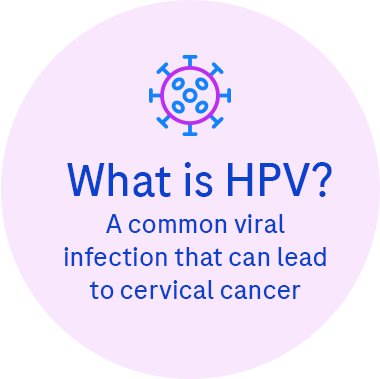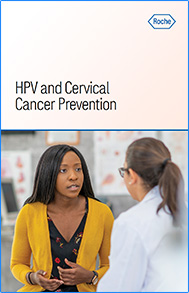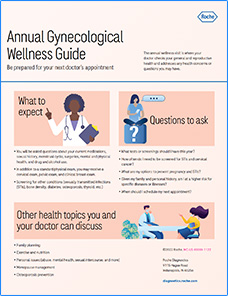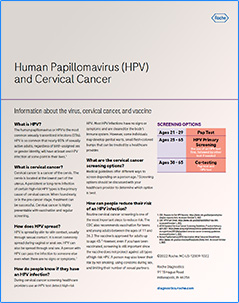

Let's talk about why it's so important.
Regular screening plays a critical role in monitoring cervical health and changes. With regular screenings including HPV test and Pap, cervical cancer is nearly preventable.
Regular screening plays a critical role in monitoring cervical health and changes. With regular screenings including HPV test and Pap, cervical cancer is nearly preventable.




